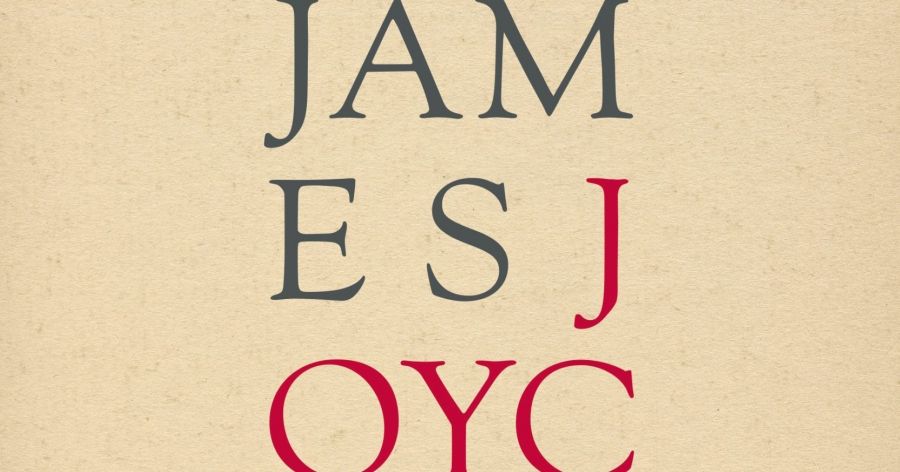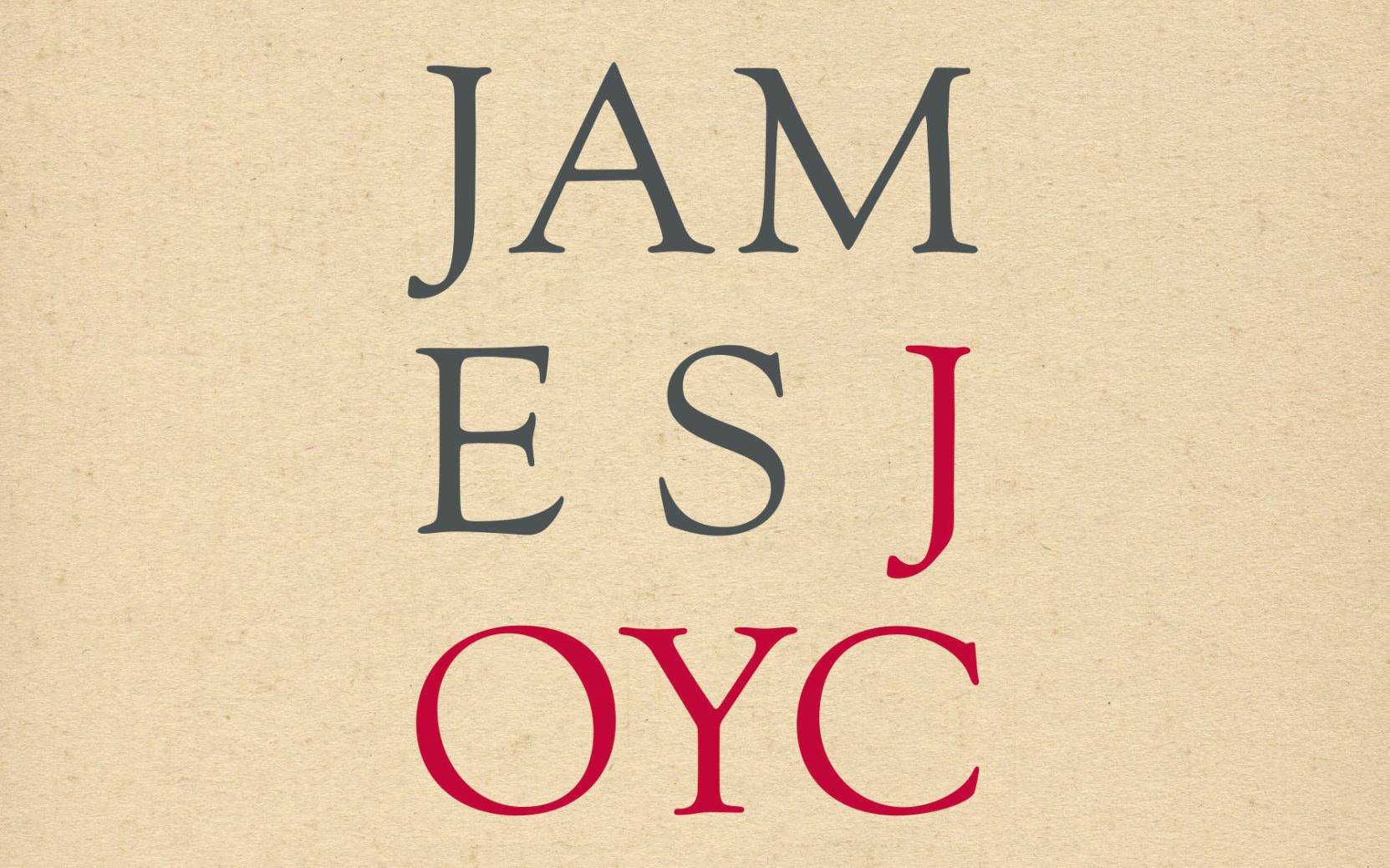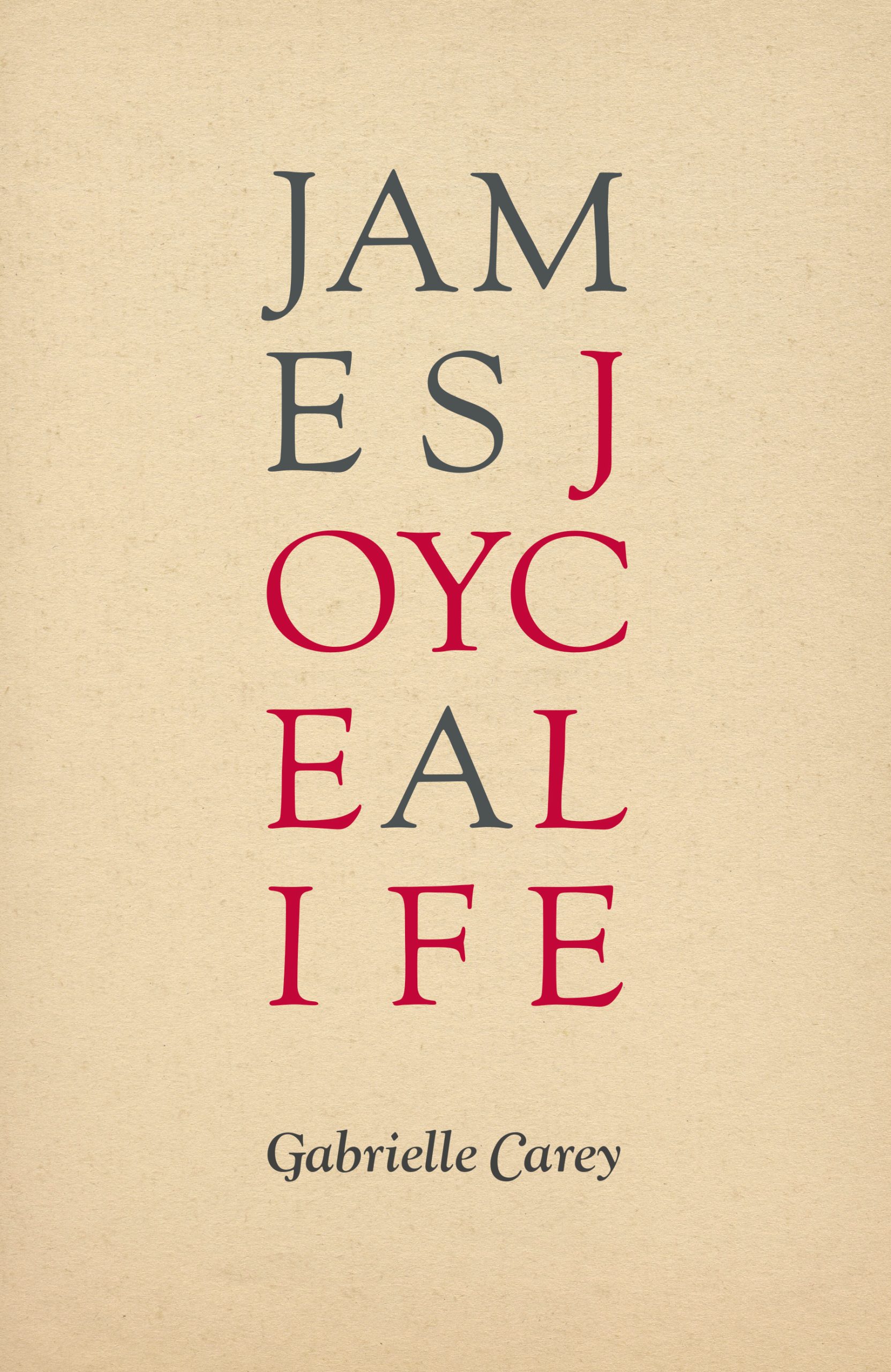
- Free Article: No
- Contents Category: Literary Studies
- Review Article: Yes
- Article Title: ‘Human, erring, condonable’
- Article Subtitle: A posthumous tribute to James Joyce
- Online Only: No
- Custom Highlight Text:
The death of Gabrielle Carey earlier this year was a cruel loss for the Australian literary world, especially its Joyce community. I first met Gabrielle shortly after moving to Sydney from London in 2010. She invited me to her annual Bloomsday celebration, which took place in a Glebe pub. I was new in town and delighted to join the readings and revelry. I suspected, rightly, that my Dublin accent would glean me some credibility, if nothing else did.
- Featured Image (400px * 250px):

- Alt Tag (Featured Image): Ronan McDonald reviews ‘James Joyce’ by Gabrielle Carey
- Book 1 Title: James Joyce
- Book 1 Biblio: Arden, $39.95 hb, 131 pp
- Book 1 Cover Small (400 x 600):

- Book 1 Cover (800 x 1200):

Joyce had long been an obsession, one that Carey had written about in a series of essays. She hosted the Finnegans Wake reading group in Sydney, which took seventeen years to read through Joyce’s last masterpiece, before (of course) turning round and starting again. She took delight when this group, which met over tea in her home, was described by one wag as ‘the most pretentious reading group in Sydney’. My favourite parts of James Joyce: A life are about Finnegans Wake (1939), but I was surprised that Carey is much less visible as an authorial presence here than in her other work on Joyce. Perhaps her untimely death meant that the finished product was brought out by her publisher as itself a ‘work in progress’, the name by which Finnegans Wake was known during its long composition. Incompletion is a Joycean motif: think of the ‘gnomon’ with which he begins ‘The Sisters’, from Dubliners (1914), or the definition in Ulysses (1922) of a pier as a ‘disappointed bridge’. An authorial ‘Apologia’ quotes him here: we are all ‘human, erring and condonable’.
This short biography is made up of eighty-four vignettes and a coda, each one chronologically reproducing an instant or anecdote from Joyce’s life, richly laden with quotations, mainly from letters, though also (with delightful apposition) from the Wake. Carey compares her approach in this book to that of a bower bird, gathering bits and pieces. She reminds me more of a swan (to borrow something that Barbara Bray said about Samuel Beckett), dipping serenely in and out Joyce’s life, offering us choice slivers without extraneous comment.
Joyce inherited the spendthrift habits of his father, ill-suited to a family man seeking to overcome the extraordinary obstacles placed before his writing career, often by timid and hostile publishers and printers. Yet he was well served by great supporters, his wife Nora Barnacle, his brother Stanislaus, various writers. The hero is Joyce’s long-suffering patron, Harriet Shaw Weaver, an English heiress, feminist, and editor who gave Joyce, Carey tells us, the equivalent of $1 million in today’s money, a significant proportion of which was spent on his favourite wine, Fendant de Sion du Valais, the ‘urine of a Duchess’ (alas, unavailable in Australia, so far as I can make out).
This foray across the peaks of Joyce’s life is a quick and pleasurable read. It is learned but wholly unstuffy. It has only one footnote, a digressive one which sees a rare (for this book) appearance of Carey herself. She is quoting a letter from Weaver to Joyce: ‘You are good for the soul, I think medicinal, you are so unflattering to our human nature: so, though you are neither priest nor doctor of medicine, I think you have something of both.’
We all know the idea of Joyce as a priest of the imagination. That he is also a physician is less familiar, to me at any rate. But he did go to Paris originally to study medicine and in the final decade of his life the healthcare of his daughter Lucia, who developed schizophrenia, was his main extra-literary preoccupation. ‘Personally speaking,’ says Carey, ‘I have long considered Finnegans Wake a highly effective anti-depressant.’ Carey was close friends with psychiatrists, one of whom was a devoted attendee at her Wake reading group. She would, I think, howl with laughter at the idea that this famously difficult book might nudge Prozac off the prescription lists. But she might agree that the lure of Joyce is often towards the affirmative, towards Molly Bloom’s ‘Yes’. In the ballad from which Finnegans Wake gets its name, Tim Finnegan’s ‘corpse’ wakes up when a splash of whiskey falls on him during a brawl. Joyce’s book is a call to revivify and awaken. The same is true of Carey’s final tribute to Joyce, her ‘loving in memoriam’, as she puts it.


Comments powered by CComment